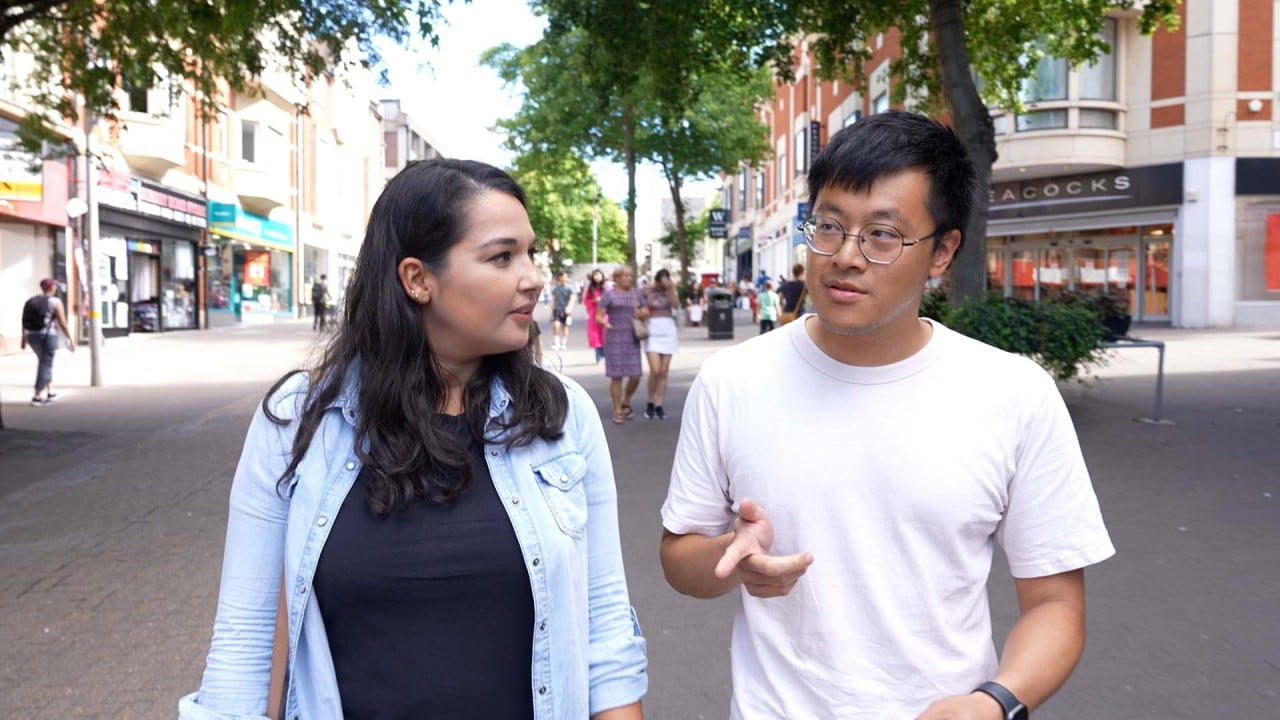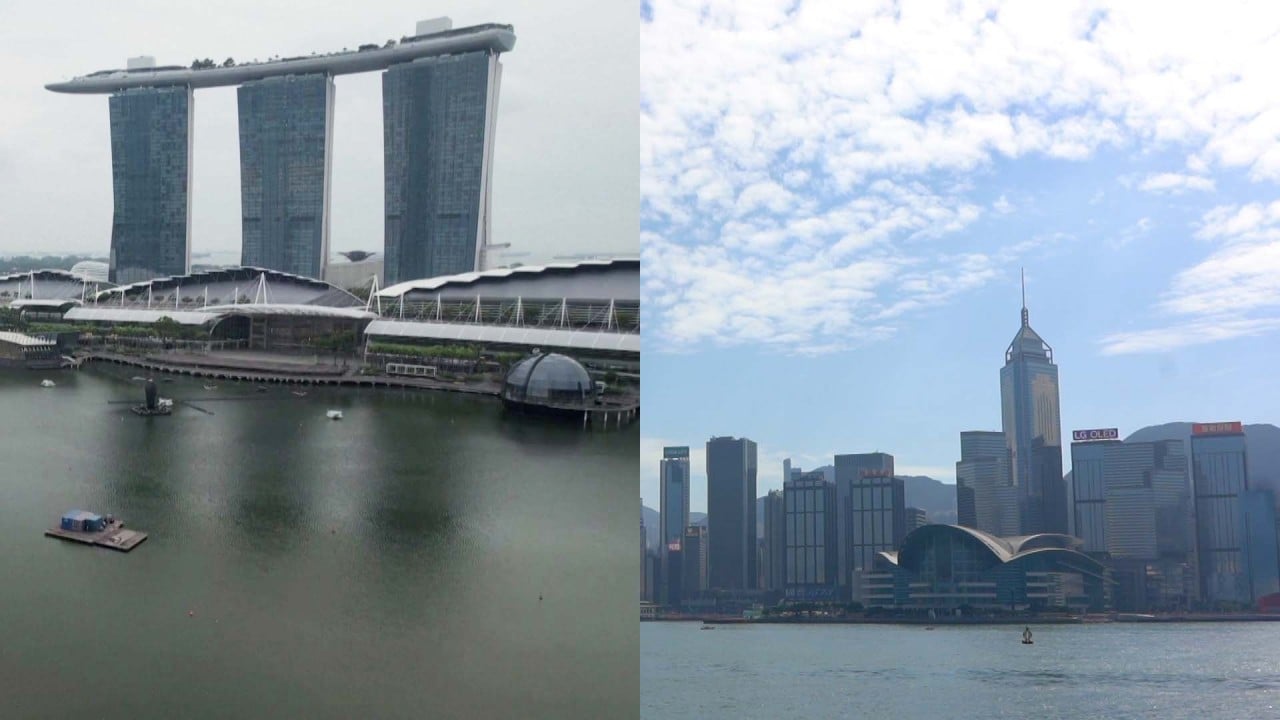
Forget Singapore and Shenzhen – Hong Kong’s only competition in beating the brain drain is its past self
- The government’s policies on talent are confusing, with moves to import workers sitting alongside telling local youth to go elsewhere for career opportunities
- Leaders should focus on restoring an environment in which people can earn a good living and not worry about comparisons with other places
“Nobody is indispensable”, the old saying goes, but the project has suffered whenever knowledge and time were lost. Design and construction is a field that demands deep technical know-how and industry experience, and every project is unique.
Imagine a company that kept losing valuable staff and desperately hired replacements who were an unknown quantity, while at the same time encouraging its young employees and interns to look for opportunities elsewhere, and subsidising other companies to hire them. What are we trying to achieve here?
95 per cent of approved applicants for Hong Kong talent scheme from mainland China
Hong Kong leaders’ mission should be to restore that favourable environment. We are second to none with a strong common law system, open market, low business tax rate and trilingual proficiency. We also remain the only real gateway to the mainland Chinese market. The only difference between now and four years ago is whether we can restore the confidence and high degree of autonomy we had for 20-odd years after the handover.
Inspirational speaker Simon Sinek says most leaders do not know the game they are in. Some might say they are the best at what they do, but what context, parameters, categories or time frame are they using? Who picks these metrics? Do all the other players concur with them, or were they even interested in joining the competition?
He also says business practice is not a finite game with known players, fixed rules and agreed-on objectives. The infinite players, instead of worrying about their competition, focus on their own growth. The same should apply to Hong Kong. There are no referees, clocks or trophies in our “competition” with Singapore, Shenzhen or other Asian cities – we are merely in the infinite game of growth, development and advancement.
We should keep recruiting, and the best recruitment strategy is when we restore a stable society with the capacity to accommodate differences. We should invest in our young people, offer them unparalleled opportunities and keep our talent at home. Hong Kong does not need to beat anyone else, we only need to beat our past selves.
Dennis Lee is a Hong Kong-born, America-licensed architect with years of design experience in the US and China



